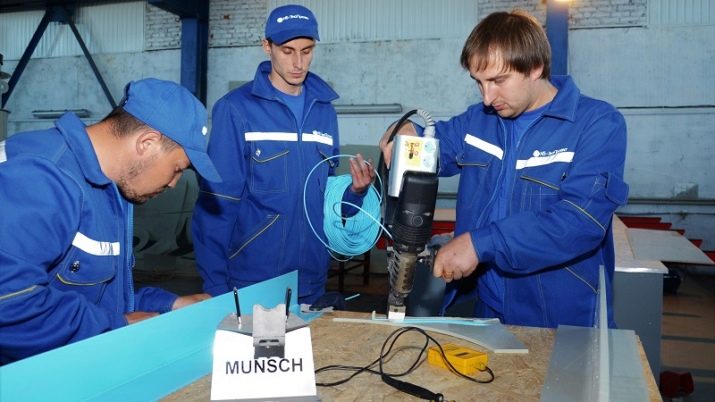All about the profession of a plastic welder
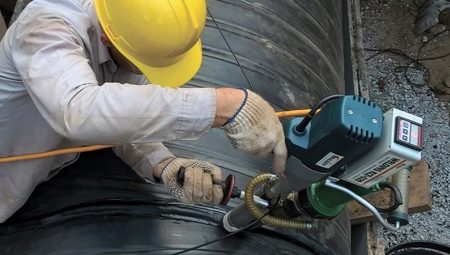
If you want to get a working profession, then you should pay attention to the position of a plastic welder. Today in our article we will talk about the features of the professional activity of this specialist.
What kind of work is this?
Plastics welder in the course of exercising his professional functions fuses a variety of parts made of polymeric materials, plastic and polypropylene (for example, it can be polyethylene pipes)... Moreover, he can carry out this work in several different ways: by heated gas, by means of a specially heated element or by extrusion welding. A highly qualified specialist should have similar practical skills.
However, in addition to practical skills, the theoretical training of a specialist is also of great importance. So, he must have in-depth knowledge of physics.
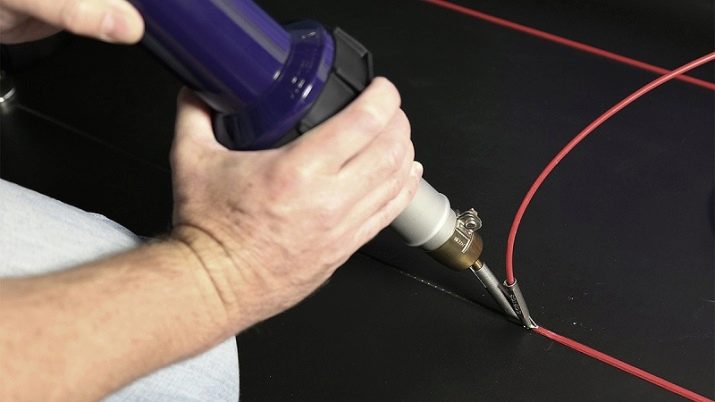
Advantages and disadvantages
Like any other professional activity, the work of a plastics welder is characterized by its distinctive characteristics. Moreover, they are not only positive, but also negative. You need to familiarize yourself with all the features of the professional activity of a specialist in advance, so as not to regret choosing a career in the future.
The pluses include:
- high level of demand (having received professional training as a plastic welder, you will not be left without work);
- decent wages;
- short-term training period (since welders are trained not in higher, but in secondary vocational educational institutions), etc.
At the same time, one cannot fail to note the existing limitations, the main of which is the fact that you will have to work in unfavorable, often dangerous conditions. For example, harmful fumes can negatively affect the health of an employee.
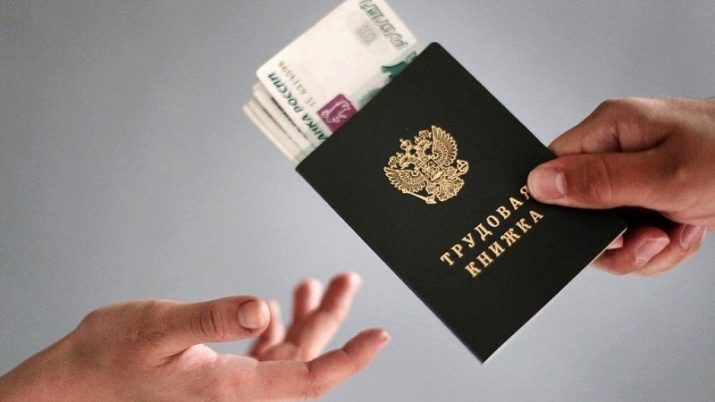
Job responsibilities
The plastic welder carries out his work strictly based on official documents, the main of which is the job description. All the tasks that a professional solves on a daily basis are clearly spelled out here. At the same time, despite the fact that the job description is standardized, many employers and enterprises make adjustments and corrections to the document. It is important to read the job description before you officially accept a job offer. That is why it is very important to objectively compare the employer's requirements with your skills and abilities, because in case of poor-quality performance of your work, you can be held accountable and fired.
The main duties of a plastic welder include:
- implementation of the technological process of welding products of various configurations made of plastic materials;
- embossing of products by means of specialized welding machines;
- full service of welding equipment (including correct operation and carrying out repair and adjustment work, if necessary), etc.
At the same time, a full-fledged the list of duties differs depending on the category of a specialist... So, welders of the 1st category weld plastic bags using an electric iron, and professionals of the 4th grade - butt corners of various complex structures.
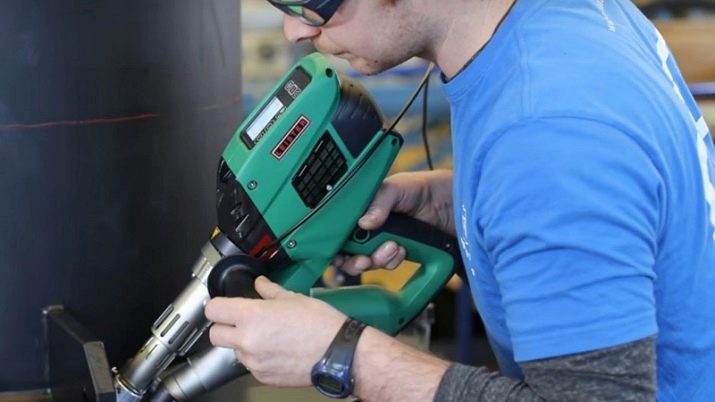
Qualification requirements
In order to get the position of a plastics welder, you must undergo professional training... At the same time, you can learn a profession in almost any college or technical school of a technical direction. The training period is 3 years. At the same time, in the course of the educational process, you should not only focus on theoretical training, but also pay attention to obtaining the skills and abilities necessary for further work. So, the employer, in the process of searching for an employee, takes into account not only formal signs (the presence of a diploma), but also real skills.
A plastics welding specialist should be able to:
- to carry out the technological process of welding;
- make reinforcing tapes;
- carry out the necessary marking of the product;
- to assemble welding equipment;
- carry out repair work (if necessary);
- be able to apply in practice various welding methods;
- carry out blind embossing of products, etc.
The employee must know:
- technological features of the welding process;
- physical and chemical properties of plastic materials;
- design and technical characteristics of the used welding equipment;
- safety engineering;
- legislative documents governing the activities of a plastic welder, etc.
Moreover, this the list of requirements is not final... It can be changed and supplemented depending on the specific place of work, as well as on the wishes of the employer. That is why in order to stand out among the general mass of applicants for the position of a plastic welder and to quickly move up the career ladder, you need to constantly improve your practical and theoretical levels. Thus, you will remain a sought-after and relevant specialist in the labor market.
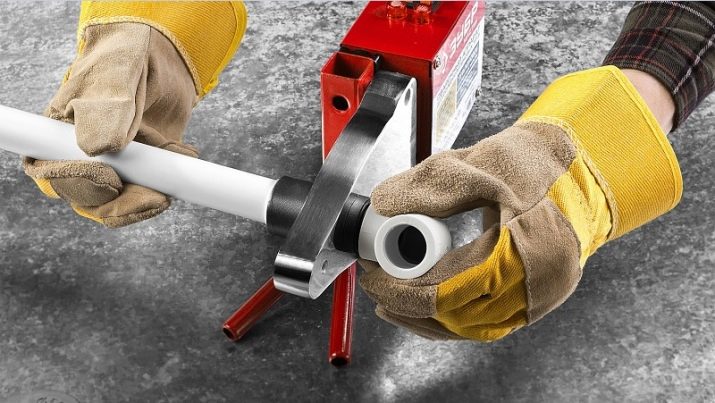
Where to work?
Plastics welder can work like in state-owned enterprises and in the private sector... The services of a specialist are in demand in the field of industry.
Depending on the size of the enterprise and the volume of its turnover, the welder can carry out his activities independently or be part of the work team.
